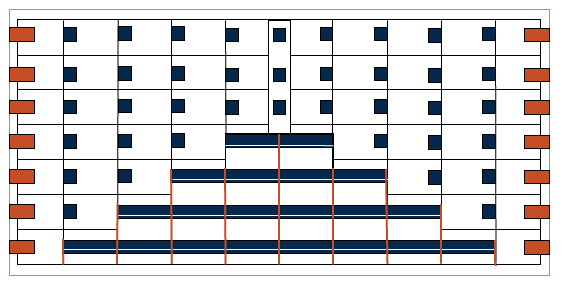Rahardhika Utama | 26 March 2024
How have critical political events in the past influenced the divergence of contemporary knowledge and practice? This research investigates the significant differences in rubber cultivation and processing practices between rubber farmers in Indonesia and Malaysia, despite their shared similarities during the colonial plantation era. In Indonesia, rubber farmers often deviate from official agronomy, resulting in lower productivity and persistent poverty due to a lack of knowledge and resources for proper cultivation, harvesting, and post-harvesting techniques across generations. In contrast, Malaysian rubber farmers typically adopt updated agricultural knowledge and technology disseminated by official government research organizations. Utilizing data from ethnographic fieldwork in six rubber communities in Indonesia and four in Malaysia, alongside historical archives on agricultural development, this study employs comparative historical methods and ethnography to elucidate the reasons behind contrasting approaches of rubber farmers to official agronomy and its implications for the rubber sectors in both countries. By highlighting similarities and differences in rubber knowledge and institutional developments, this research offers valuable insights into how contemporary practices are influenced by critical events in the past, contributing to a deeper understanding of the socio-economic dynamics and the politics of agriculture, knowledge transfer, preservation, and change.
Keywords: knowledge, ethnography, oral history, comparative-historical, rubber, Southeast Asia
This working paper is presented at the 25th Annual Chicago Ethnography Conference: Worlds of Culture, 30 March 2024.

